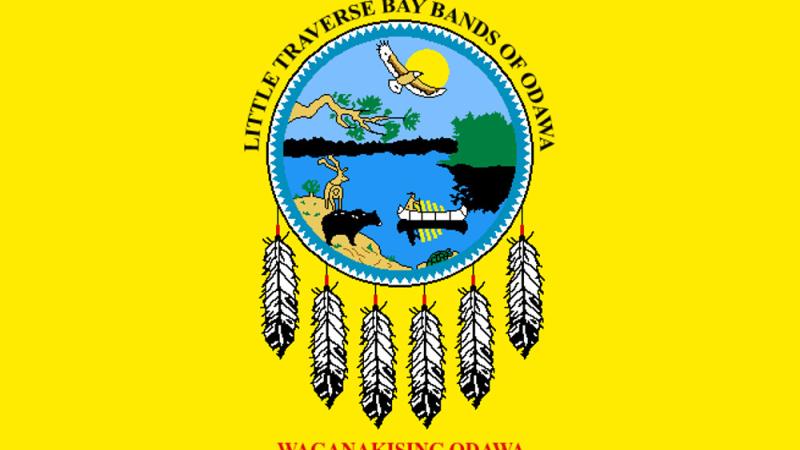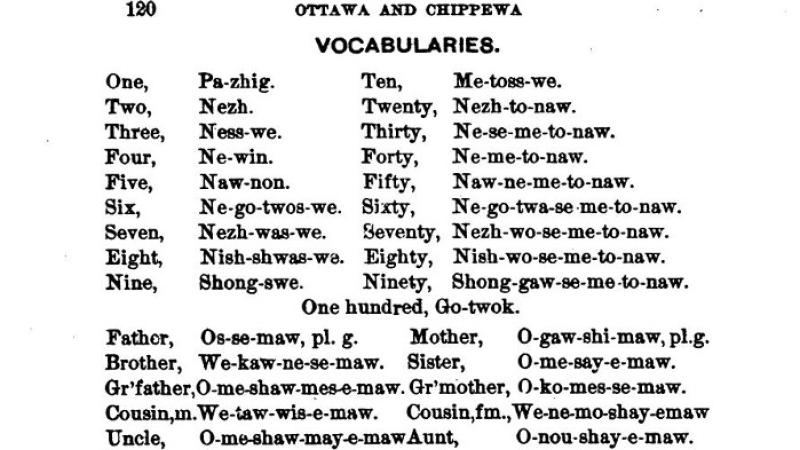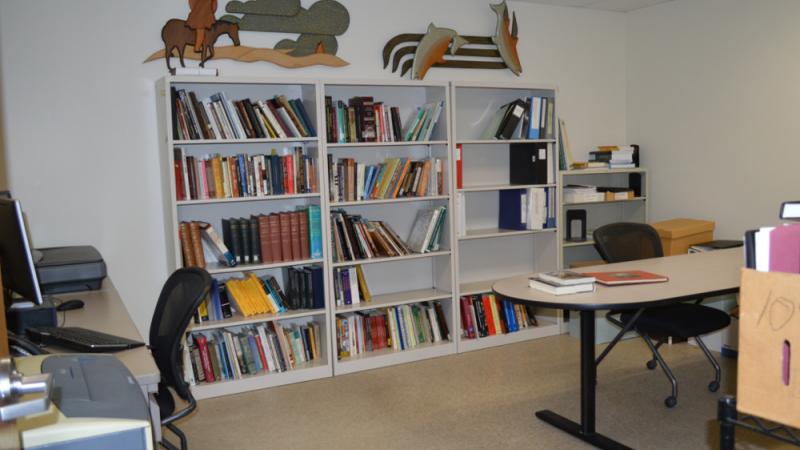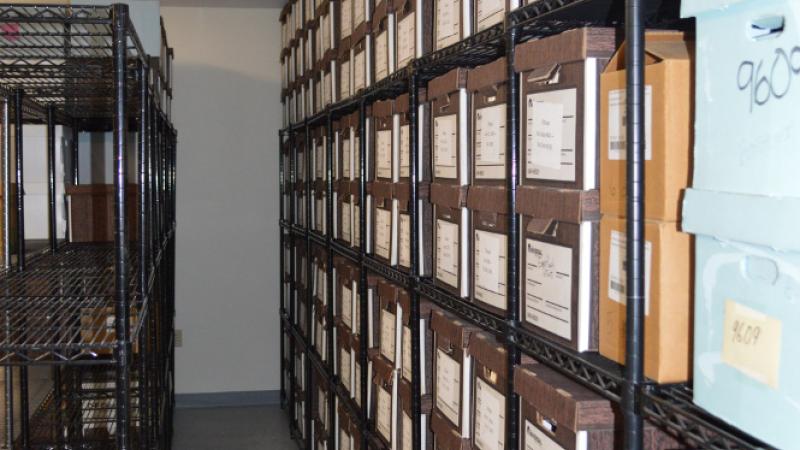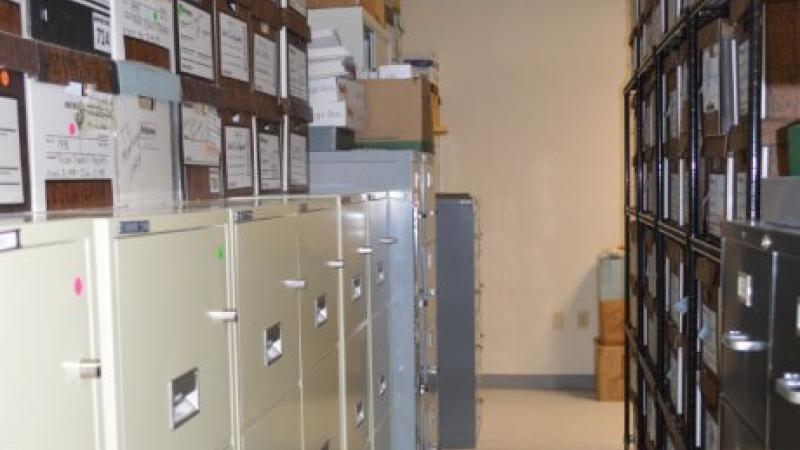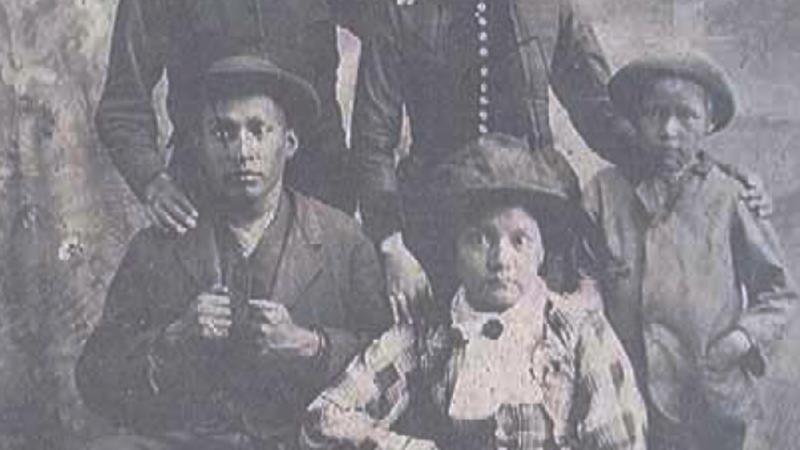50 States of Preservation: Little Traverse Bay Bands of Odawa Indians in Harbor Springs, MI

Archives Department Open House on May 19, 2017.
Courtesy of the Little Traverse Bay Bands of Odawa Indians.

Archives Department Open House on May 19, 2017.
Courtesy of the Little Traverse Bay Bands of Odawa Indians.
This feature is part of a series we call “50 States of Preservation,” in which we are touring small and mid-sized museums, libraries, historical societies, and other repositories across the country to show how they are helping to preserve the nation’s cultural heritage. Read other entries in the series here.
The Little Traverse Bay Bands (LTBB) of Odawa (or Ottawa) Indians include more than 4,600 tribal members throughout the United States, with the majority living in northern Michigan. Located in the town of Harbor Springs, the LTBB’s Archives Department serves as the main repository of historical materials for the tribe. Its collections include more than 160,000 documents, 3,000 images, and 250 artifacts related to the history of the Odawa. Highlights include first-person accounts from the 1890s to the 1940s that include letters from boarding school students and military records and memoirs of World War II veterans. Also noteworthy is a collection of more than 750 digital files from private donors. Among them are correspondence from various tribal chiefs (1870-1940) and from Andrew J. Blackbird, an Odawa historian and community leader (1870s-1900s), as well as letters from priests and students at the Holy Childhood of Jesus Boarding school in Harbor Springs. Some of these materials are written in Odawa, an endangered Algonquin language with few remaining speakers. The private donor collection contains photographs depicting Odawa life during the late 19th and early 20th century. Large collections from ethno-historians make up the bulk of the LTBB’s holdings, totaling over 100,000 documents. Finally, the archives contains records on civil rights and treaty rights issues and on compliance with the Native American Graves Protection and Repatriation Act (NAGPRA), which involved the repatriation of the remains/belongings of over 400 Odawa individuals from museums around the country.
Eric Hemenway, Repatriation, Archives and Records Director for the Little Traverse Bay Bands of Odawa Indians, noted that “preserving information is not the sole purpose of the department.” “Using the information to educate others about the Odawa and their story,” he said, “is part of the responsibility of working in LTBB Odawa Archives and Records.” Documents, photographs, and other primary sources have been widely used in publications, presentations, and exhibits. The archives also collaborates with the public schools in Harbor Springs to create lesson plans and with state historic parks and the Michigan Department of Transportation to communicate the history of the Odawa to the public through signs and historical markers.
Over the years, the archives' collection has grown significantly, thanks to donations from tribal members and others. However, this growth has also strained the LTBB’s limited storage facilities. The archives is committed to ensuring that valuable family heirlooms and other materials entrusted to it are properly cared for and so will be available for use by future generations. Thanks to renovations made through an Indian Community Development Block Grant, the archives' facilities are now secure, fireproof, and climate-controlled, and they also include a community viewing area. To help the archives prepare for these changes, the LTBB obtained an NEH grant in 2016, through which it hired preservation expert Leslie Edwards, Head Archivist of the Cranbrook Center for Collections and Research, in Bloomfield Hills, Michigan. In the course of a three-day visit, Ms. Edwards provided a formal assessment of the physical and environmental conditions of the archives, identified the conservation needs of selected materials in the collection, and reviewed preservation policies and procedures. Reflecting on these improvements, the LTBB’s Eric Hemenway observed that “the preservation of historic and cultural materials for the tribe is more than a job, it’s an honor to preserve information for the next generation of Odawa.”
In every state, NEH supports organizations that preserve humanities collections. Preservation Assistance Grants for Smaller Institutions (PAGs) fund projects that help safeguard photographs, letters, documents, prints, moving images, sound recordings, maps, drawings, artworks, textiles, furniture, and artifacts, making them available for future generations. These collections help researchers, educators, and members of the public better understand the complex stories of the various cities, towns, and tribal groups that make up our nation.
Since 2000, NEH has made nearly 2,000 Preservation Assistance Grants to small and mid-sized organizations to preserve and care for their humanities collections. In all 50 states, the District of Columbia, and Puerto Rico and the Virgin Islands, PAG awards have funded preservation assessments, purchase of shelving, environmental monitoring equipment, and preservation supplies, and training for staff. Organizations in all states and U.S. territories are eligible to apply, and the program encourages applications from those new to NEH. The next application deadline Preservation Assistance Grants for Smaller Institutions is May 1, 2018. If you have any questions about this grant program, please contact us at @email or 202-606-8570.
